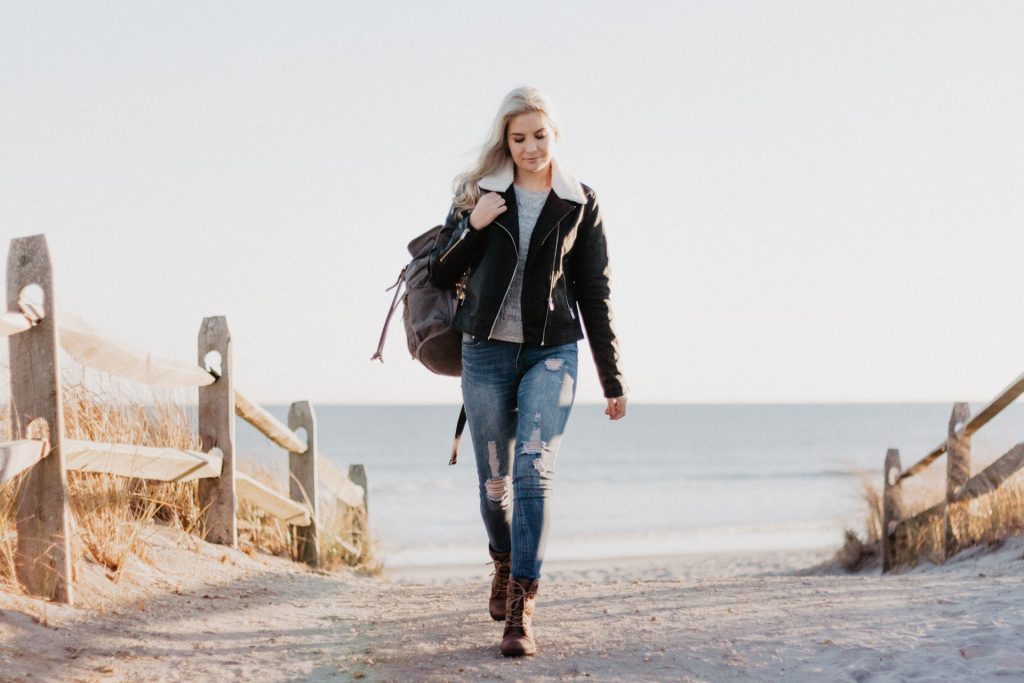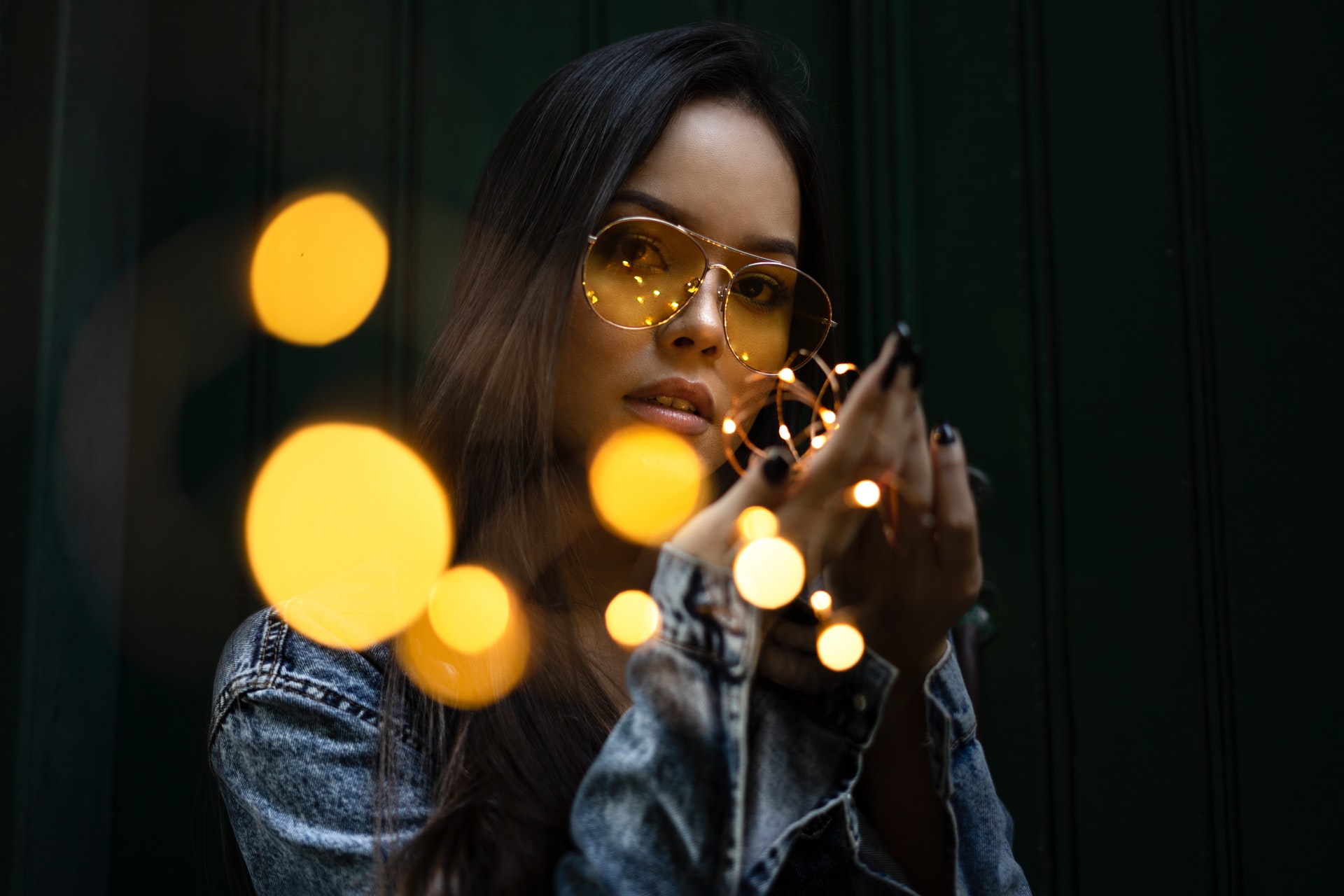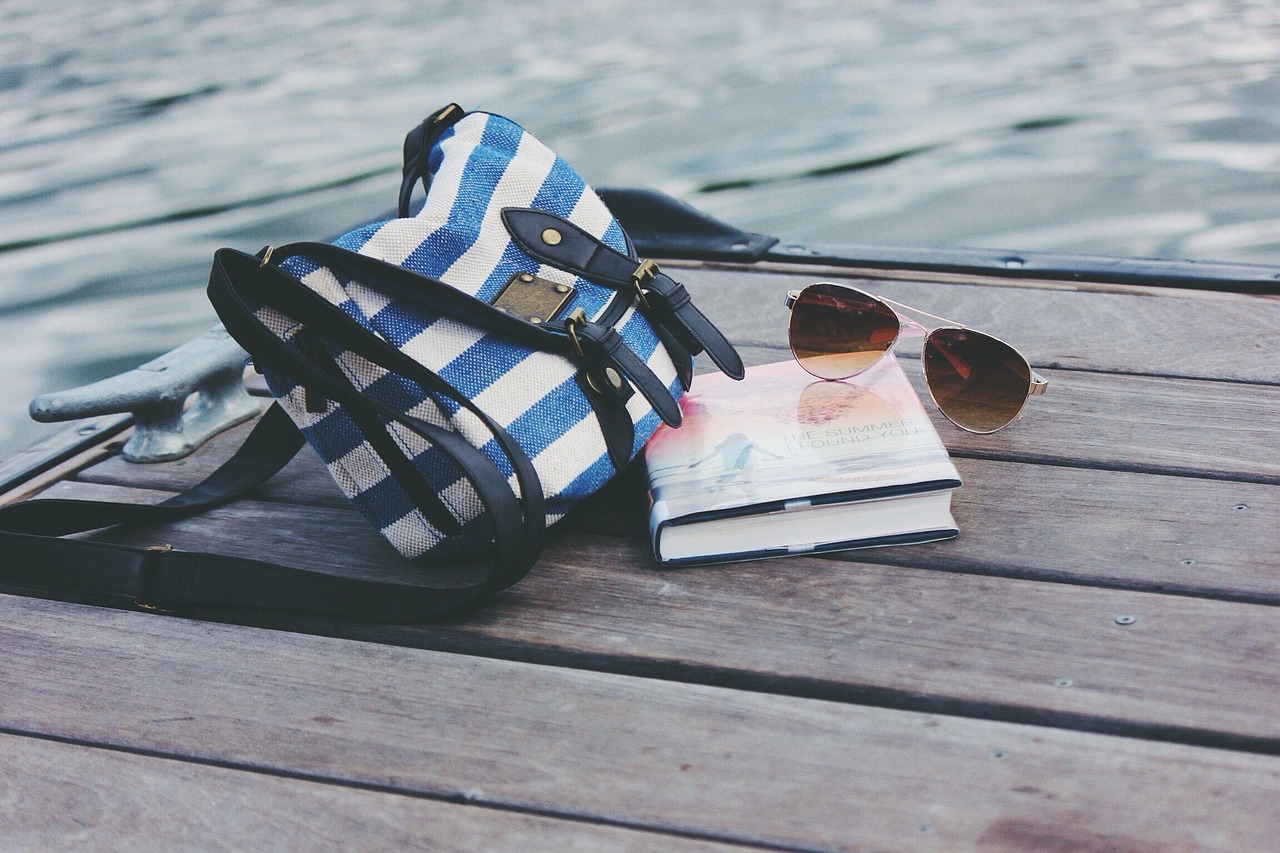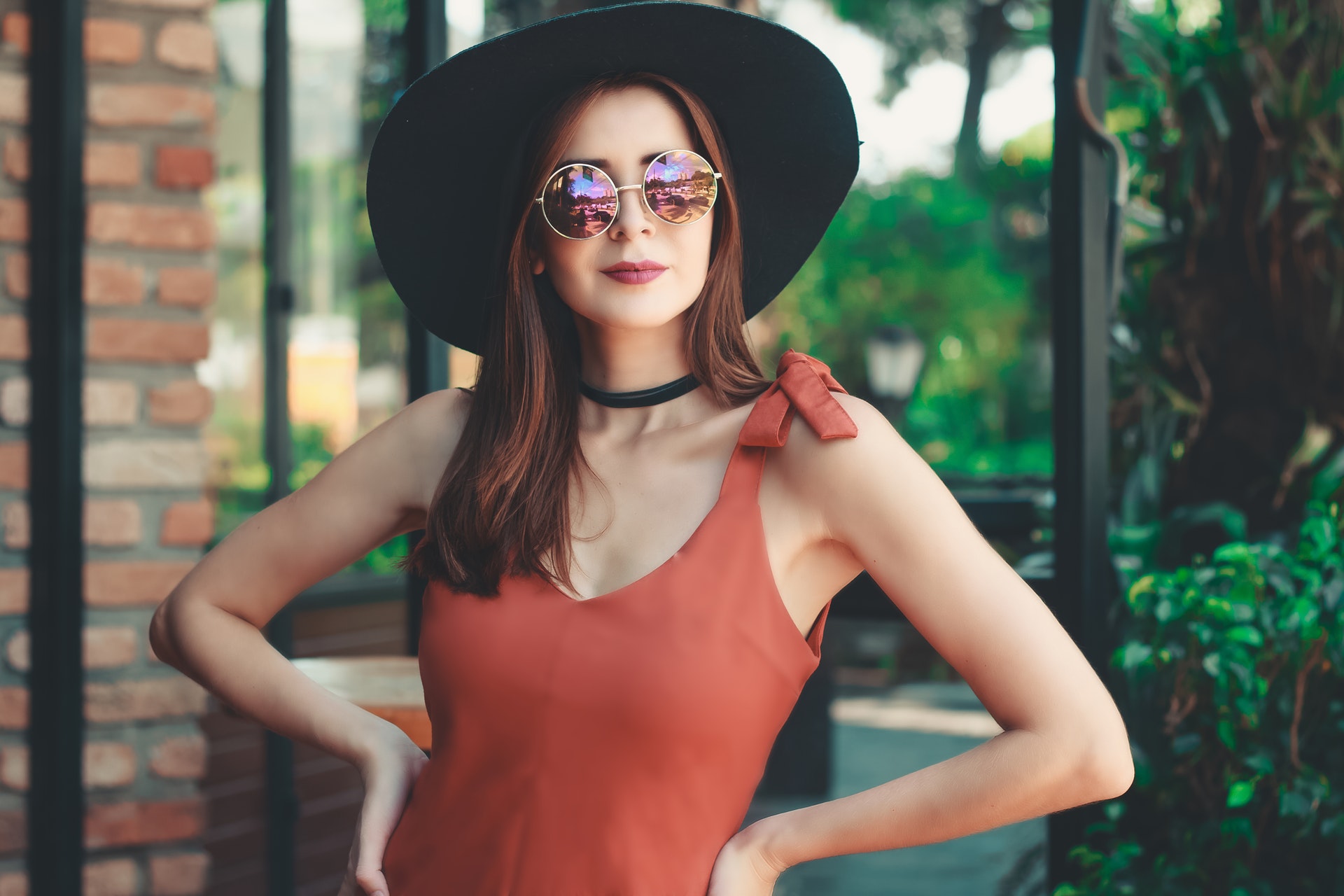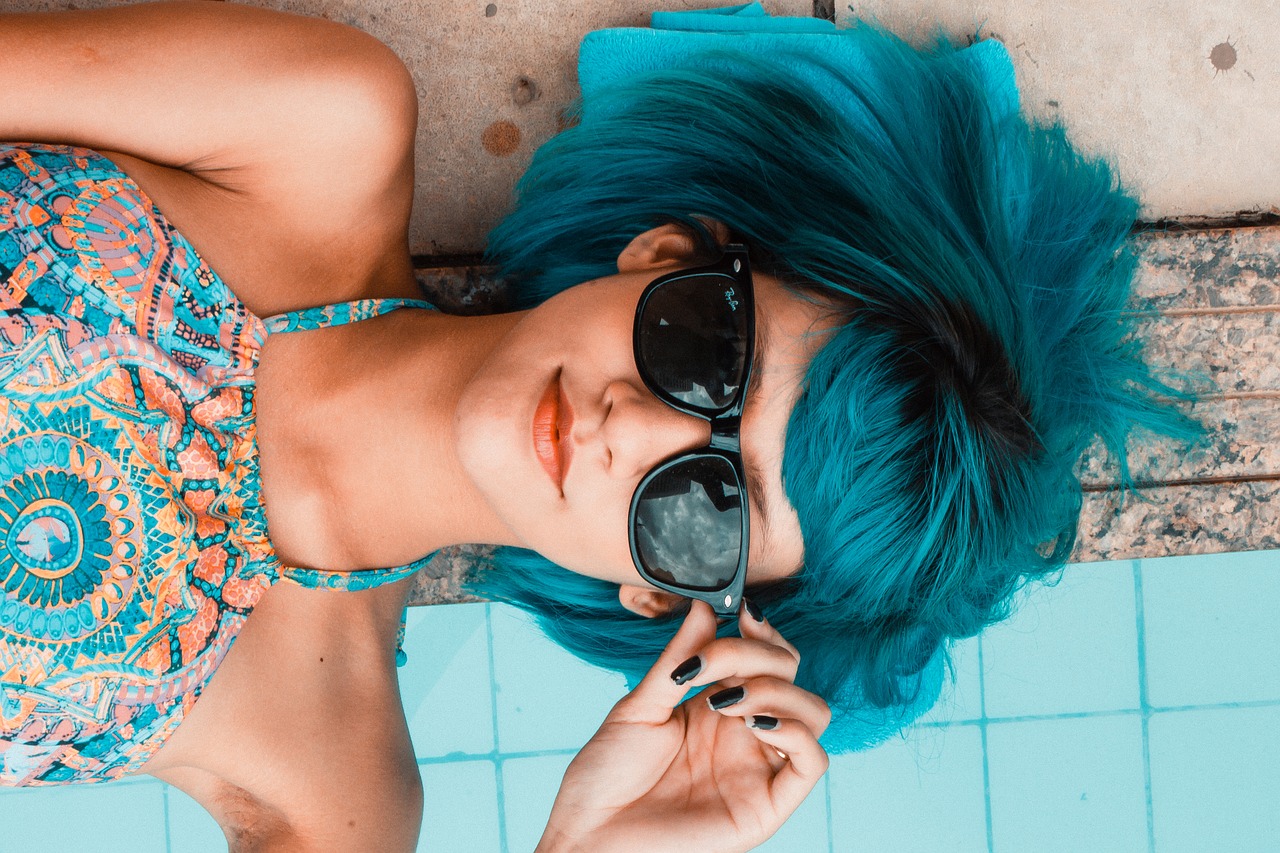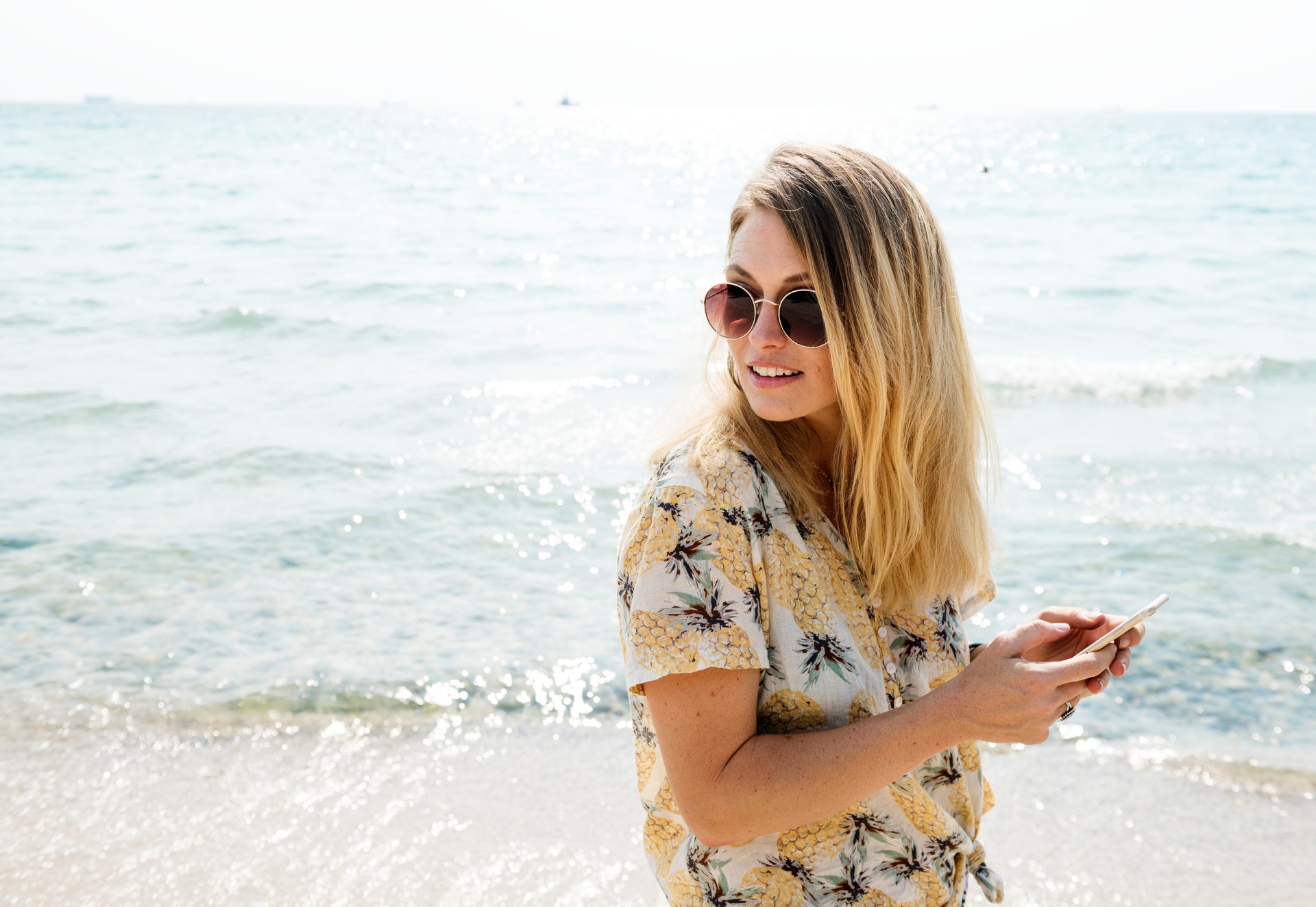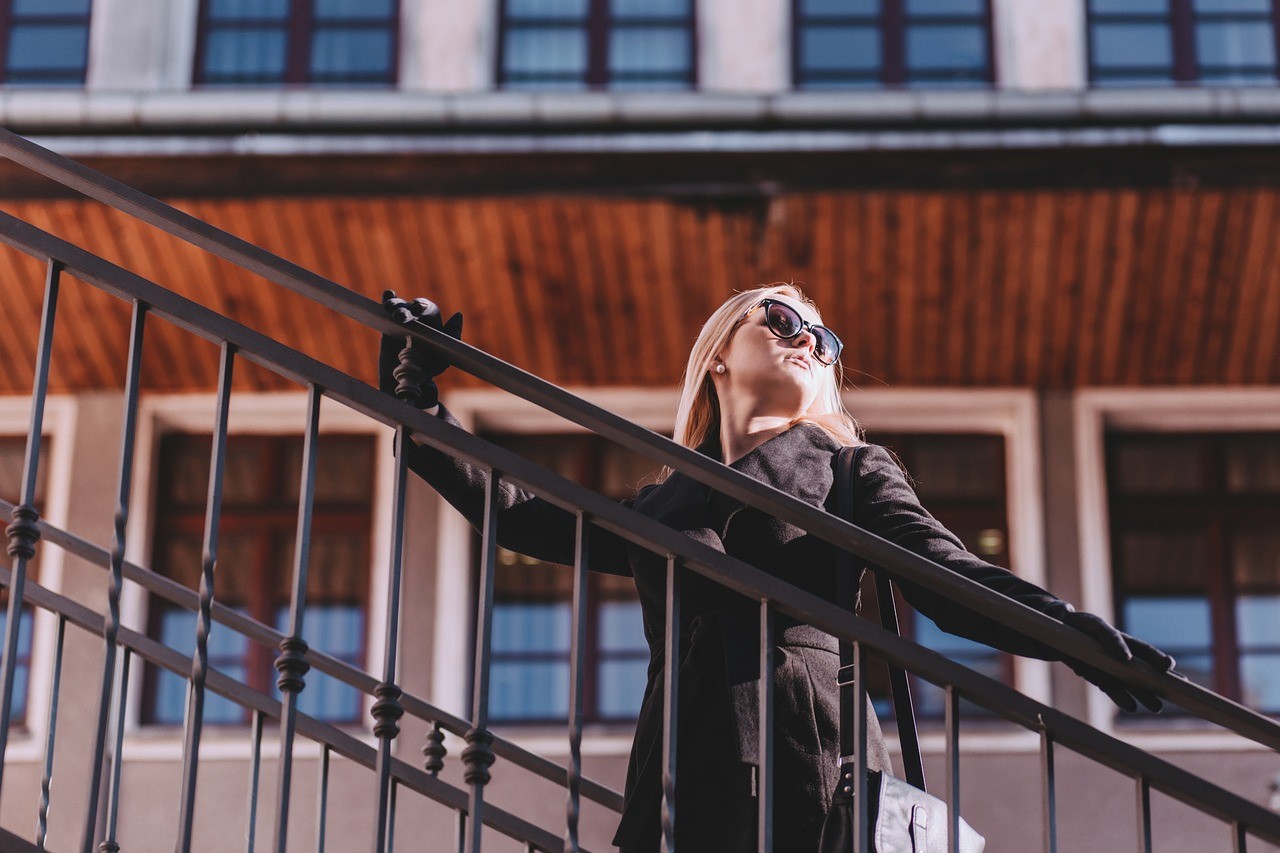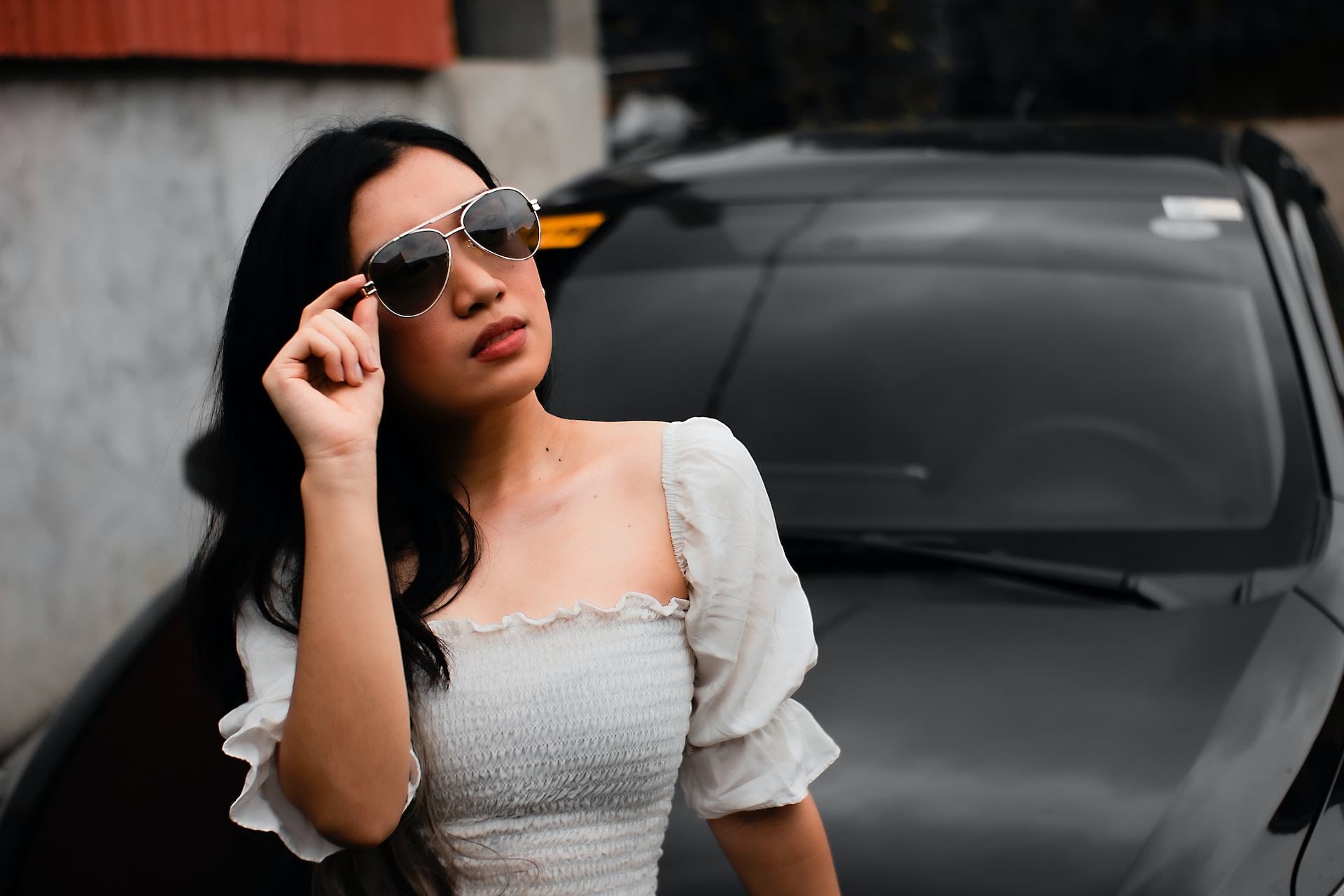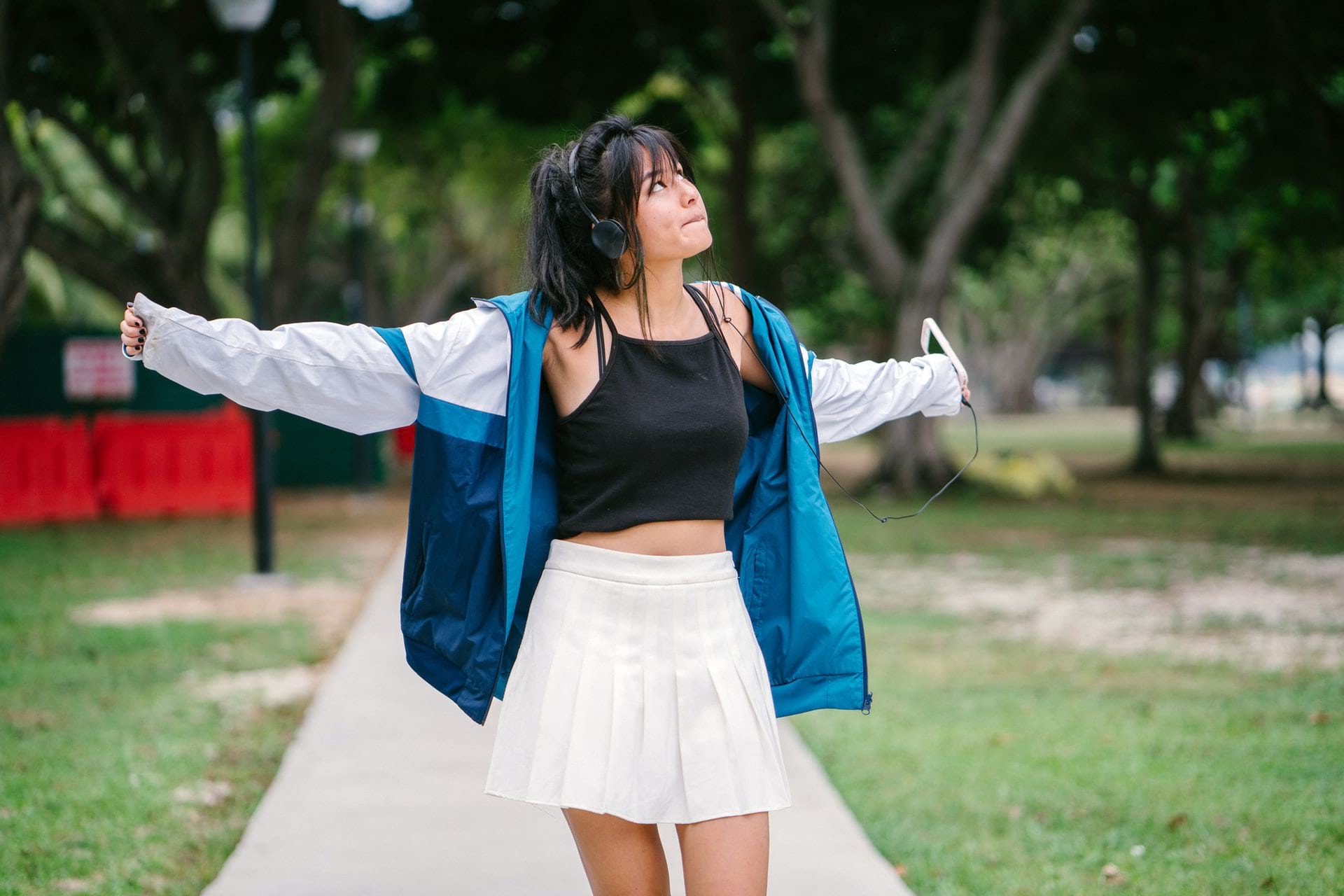
Most people are well aware of the importance of protecting their eyes from the sun. Unfortunately however, most people are also a little clueless when it comes to how they can go about doing so. Naturally, this results in a lot of people wearing sunglasses that serve no other purpose than to act as fashion accessories. And contrary to what some people might believe, this isn’t actually what sunglasses are for.
The good news is that purchasing a pair of sunglasses that actually protect your eyes doesn’t need to be time consuming or expensive. You simply need to know what to look for. Here are six simple tips for protecting your eyes this Summer.
Look for Labels
Don’t be fooled into thinking that a high price tag automatically means a high level of protection. Look for sunglasses with one or more of the following labels.
- Lenses block 99%+ of UVA and UVB rays
- Lenses meet ANSI Z80.3 requirements.
- UV 400 Protection.
Unfortunately, if a pair of sunglasses doesn’t have at least one of these labels, they aren’t a smart purchase. And no, it doesn’t matter how nice they are.
Go Bigger
Small sunglasses might be fashionable but they’re notorious for failing to offer adequate sun protection. UV rays are all around us and if you want to protect your eyes, you need glasses that actually cover them. You don’t need to choose sunglasses that cover your entire face but you should be looking for a pair that wrap around, have large lenses and that come close to touching your cheekbones.
Choose Polarized Lenses if You Like to Swim
If you’re a fan of swimming, boating or water skiing, look for glasses with polarized lenses. When sunlight comes in contact water, it has a nasty habit of reflecting into peoples eyes. Polarized lenses are specifically designed to filter out said sunlight, hence reducing glare.
The only downside to polarized lenses however is that they also filter out the sunlight that reflects off of glass screens. In other words, they can make reading your phone a little challenging.
Choose the Right Hue if You Plan on Driving
If you plan on driving a lot this Summer, this is another factor that you need take into account when making your choice. Contrary to popular belief, a darker lens doesn’t automatically mean better protection from the sun. What hue does affect however is colour perception.
Yellow and rose tinted sunglasses might be stylish but they’re well known for making it difficult to tell the difference between yellow and red. And as you can imagine, these are not colours that you want to mix up while driving. If you plan on being behind the wheel, it’s therefore important to purchase sunglasses that are tinted green, brown or grey instead.
Check for Clarity
As I’ve mentioned earlier in this article, the price of a pair of sunglasses isn’t always an accurate indicator of how well they protect your eyes. One common problem with cheap sunglasses however is that they are often stamped out of a mold rather than individually ground and polished. This not only leads to clarity problems but it often leads to variations in apparently identical pairs. In other words, you might find two identical pairs of glasses and one will be perfectly clear while the other will be difficult to see out of.
If you’re after a cheap pair of sunglasses, the best way to test for clarity is to hold the edge up to the light (not the sun) and to run your eyes from one side to the other. If there’s even a slight wiggle in the line, find a different pair.
Focus on The Fit
Finally, there’s the small matter of the fit. Finding a pair of sunglasses that fit properly is not just important for comfort, it’s important for protecting your eyes. First off, you should look for a pair that are comfortable on both your nose and behind your ears. And secondly, you should look for a pair that fit close to your brow but not so tight that they touch your eyelashes when you blink.
Once you find a pair of sunglasses that meet all of these requirements, all that’s left is for you to actually wear them. Unfortunately, even the best pair of sunglasses in the world can’t protect your eyes if you keep leaving them at home.
